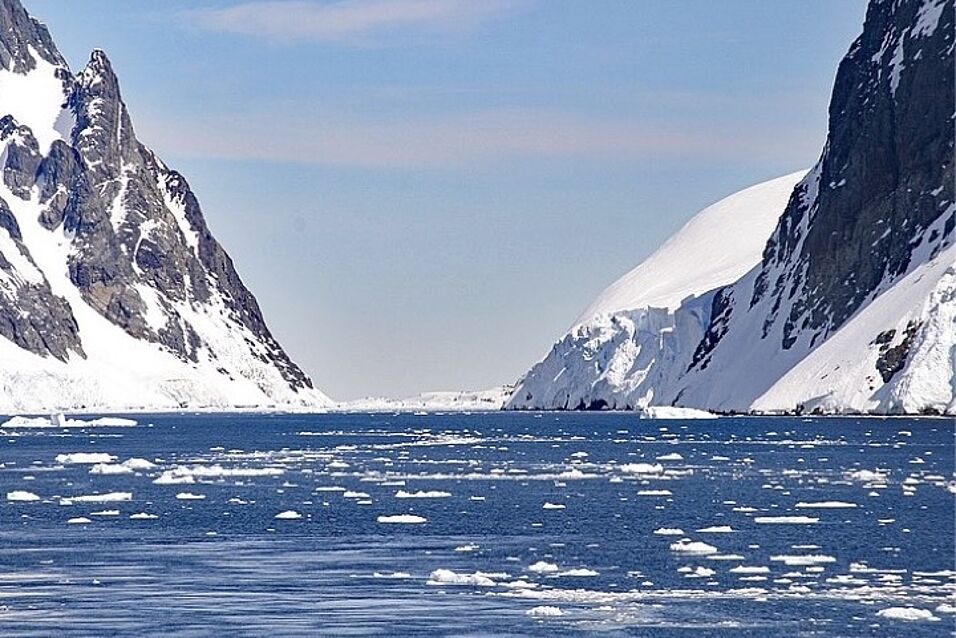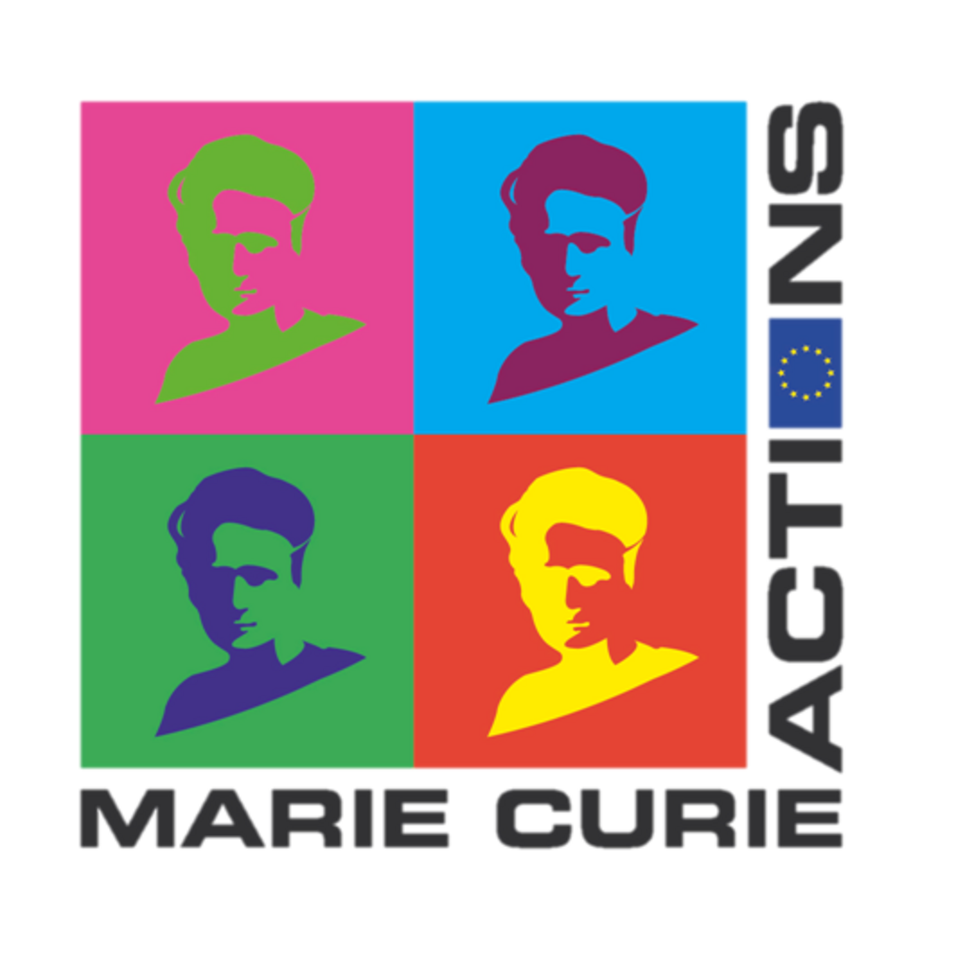Novel antibiotic classes are the most promising way to overcome current antibiotic resistance. To achieve this goal, antibacterial drug development is re-focused once again on natural products, especially by sourcing not-yet-explored or underexplored environments that represent a rich source of potentially bioactive microorganisms. One of such unique and intact environments is Antarctica with surprisingly high microbial biodiversity. The Antarctic soil microbiome has been proven as a rich reservoir of biosynthetically active bacteria with potential to produce novel antimicrobial molecules. However, simple exploration for antimicrobials among isolated microorganisms has its limitation, one of which is supressed expression of biosynthetic genes in laboratory conditions. The aim of the proposed project is to search for antimicrobial metabolites among unique Antarctic isolates and to streamline the process through a novel approach. Biosynthetic potential of isolates will be firstly characterized through genomics to identify the most promising strains. Afterwards, a novel tool, co-cultivation combined with high advanced omics methods will be implemented to design and grow well-defined microbial communities. Mutual microbial interactions in communities will stimulate metabolic activities of individual strains and expression of otherwise ‘silent’ genes resulting in production of various compounds, some of which may express antimicrobial activities.
This project will result in establishment of the first defined Antarctic microbiotas and access their full biosynthetic potential to produce bioactive compounds, especially those active against the most critical multidrug-resistant bacterial pathogens in human healthcare. News article The antibiotic crisis: Can hunting for antibiotics in the World´s coldest place help? about Stanislava's project from APRI - The Austrian Polar Research Institute.
This MSCA-IF-EF-ST project of Stanislava Kralova has received funding from the European Union’s Horizon 2020 Framework Programme under grant agreement No. 101020356.
Investigated by:
- Stanislava Kralova
- Alexander Loy



